Crypto Airdrops Explained - A Complete Guide

Cryptocurrencies have transformed the way we perceive financial transactions and investments. However, the journey of understanding them involves various twists and turns.
One term that often leaves newcomers puzzled is "Crypto Airdrops". Yet, airdrops are an integral part of the crypto world that can offer unexpected rewards for those in the know.
In this blog post, we'll understand the concept of crypto airdrops, exploring what they are, how they work, and their significance in the crypto community.
What are Crypto Airdrops?
Crypto airdrops refer to the process where crypto token creators distribute their tokens to wallet addresses free of charge.
These airdrops usually serve as a marketing strategy, intending to spread awareness about a new cryptocurrency or to reward loyal customers. The received tokens can be a boon to your crypto portfolio as they can be traded or held as investments.
Why Do Companies Do Airdrops?
Crypto airdrops might seem too good to be true. After all, why would a company give away potentially valuable tokens for free? Well, there are several reasons:
Marketing: Airdrops are a potent tool to spread the word about a new cryptocurrency. People naturally get excited about free stuff, which helps generate buzz around the new token.
Decentralization: In a decentralized network, power is dispersed among various nodes or users. By distributing tokens widely, companies can avoid a concentration of power and ensure that their cryptocurrency remains decentralized.
Rewarding Loyalty: Existing users who hold a particular cryptocurrency in their wallet may receive airdrops as a reward for their loyalty. This incentivizes users to hold onto their tokens, reducing market volatility.
From a user perspective, airdrops can be a lucrative opportunity to acquire tokens free of cost. These tokens can then be held, traded, or even sold for a profit, making airdrops a potential source of passive income.
Moreover, they provide users with the chance to explore new projects and become early adopters of promising cryptocurrencies.
Types of Crypto Airdrops
Understanding the different types of crypto airdrops can help users identify the ones most relevant to them. Generally, we can categorize airdrops into four distinct types:
Standard Airdrops: In standard airdrops, tokens are distributed to users who hold a specific cryptocurrency. The basis for such airdrops is typically the blockchain the new token is built on.
For instance, if a new token is built on the Ethereum blockchain, the token's creators may decide to airdrop tokens to all users who currently hold Ethereum (ETH) in their wallets.
Holder Airdrops: This type of airdrop is a reward system for holders of a certain coin. Companies will select a particular cryptocurrency, and all holders of that cryptocurrency will receive an airdrop, regardless of the platform.
The airdrop serves as an incentive for users to hold onto their coins, thereby maintaining or even increasing their value.
Exclusive Airdrops: Some airdrops are exclusive, which means they're available only to a select group of people.
For instance, the token creators may choose to airdrop tokens to their subscribers or community members. To qualify for these airdrops, users often need to sign up or join a specific group or community.
Bounty Airdrops: These airdrops are designed to reward users for completing specific tasks. These tasks could range from sharing a social media post, writing a blog article, referring a friend, or even fixing bugs in the project's software. Upon successful completion, the user receives the tokens as a bounty reward.
Each type of airdrop has its own unique set of rules and eligibility criteria, so it's essential to read and understand the specifics of an airdrop before participating.
How Do Crypto Airdrops Work?
The process varies depending on the company and the type of airdrop. But generally, it follows these steps:
Announcement: Companies usually announce airdrops on their social media channels or via email newsletters.
User Action: Depending on the type of airdrop, users might need to perform specific actions.
For example, for holder airdrops, you'll need to have the required cryptocurrency in your wallet. For standard airdrops, you might need to complete a form or sign up for a newsletter.
Distribution: After the airdrop, the tokens are automatically deposited into the eligible wallets.
How to Participate in Airdrops?
Most airdrops require little effort to participate. Here are some general steps:
Stay Updated: Follow your favorite crypto companies on social media, subscribe to their newsletters, and join their communities to stay updated about potential airdrops.
Hold Cryptocurrencies: Holding a diverse range of cryptocurrencies can make you eligible for more airdrops.
Complete Tasks: Some airdrops require users to complete specific tasks like sharing posts on social media or referring friends.
What to Do After Receiving an Airdrop?
After you've received an airdrop, you have several options:
Hold: You can hold onto the tokens and hope their value increases over time.
Trade: You can trade the tokens on a cryptocurrency exchange.
Research: Conduct in-depth research about the token. You might decide it's worth investing more into the token, or you may choose to sell.
Successful Airdrops in Crypto History
Over the years, several crypto airdrops have made headlines for their unprecedented success. Here are a few noteworthy ones:
Uniswap (UNI): In 2020, Uniswap launched its native token, UNI, and decided to airdrop 400 UNI to every wallet that had used its decentralized exchange service.
At the time, the airdrop was worth around $1200, but the value of UNI has since skyrocketed, making this airdrop one of the most lucrative in crypto history.
Stellar Lumens (XLM): In 2019, the Stellar Development Foundation in partnership with Blockchain.com conducted the largest airdrop in history, worth $125 million. Users of the Blockchain.com wallet received free XLM tokens.
These airdrops not only rewarded the recipients but also effectively raised awareness about the projects, contributing to their long-term success.
Pros and Cons of Crypto Airdrops
As with any aspect of the crypto world, airdrops come with their own set of pros and cons.
Pros -
1. Free Tokens - Perhaps the most significant advantage of airdrops is that they provide free tokens. Users can expand their crypto portfolio without spending a penny.
2. Discovering New Projects - Airdrops give users an opportunity to learn about and participate in new blockchain projects. Early awareness can prove beneficial if the project takes off.
3. Potential for Profit - If the airdropped tokens increase in value over time, users could stand to make a profit by trading or selling them.
Cons:
1. Scam Risks - Unfortunately, not all airdrops are genuine. Some are orchestrated by scammers aiming to trick people into giving away personal information or private keys.
2. Tax Implications - Depending on the country's regulations, airdropped tokens might be considered taxable income, which could complicate your tax situation.
3. Token Value - Not all airdrops turn out to be valuable. Some tokens may never take off, meaning they remain worthless or even become a burden if they clog up your wallet.
Despite these potential pitfalls, airdrops can be a rewarding aspect of the crypto experience for vigilant users.
How to Avoid Airdrop Scams?
With the increasing popularity of airdrops, scams have unfortunately become more common. Here's how you can protect yourself:
Don’t Share Your Private Key: Your private key is the master key to your digital wallet. No legitimate airdrop will ever ask for it. If they do, it's likely a scam.
Verify the Source: Always cross-check the source of the airdrop. Scammers often impersonate popular crypto projects. If an airdrop announcement seems too good to be true, it might be a scam.
Research the Project: Look into the project behind the airdrop. Legitimate airdrops usually come from projects with a solid team, whitepaper, and clear roadmap. If these elements are missing or vague, proceed with caution.
Being vigilant and conducting thorough research can significantly reduce the risk of falling for an airdrop scam. Stay safe by always prioritizing the security of your information and assets.
Crypto Airdrops and Taxes
An often overlooked aspect of crypto airdrops is their tax implications. While airdrops might seem like free money, many tax jurisdictions, including the US, categorize them as income.
When you receive an airdrop, you are usually taxed at the market value of the tokens on the day you received them. Therefore, it's essential to keep track of this value. If you later sell the tokens and they have increased in value, you may also need to pay capital gains tax.
Always consult with a tax professional to understand the tax implications and your reporting obligations better. Remember, even though it's a decentralized world, it doesn't mean it's a tax-free world.
Frequently Asked Questions
Q1. What is the purpose of crypto airdrops?
Crypto airdrops serve multiple purposes, including marketing for new projects, rewarding loyal users, and achieving a decentralized network.
Q2. How do I find out about upcoming crypto airdrops?
You can stay updated about upcoming airdrops by following cryptocurrency projects on social media, joining their communities, and subscribing to their newsletters.
Q3. Are crypto airdrops free money?
While crypto airdrops do provide tokens free of charge, it's important to understand that these tokens only hold value if the project succeeds. Additionally, they might come with tax obligations.
Q4. Can I sell my airdropped crypto tokens immediately?
Whether you can sell your airdropped tokens immediately depends on the terms of the airdrop. Some airdrops might require you to hold the tokens for a certain period.
Q5. Are all crypto airdrops legitimate?
No, not all airdrops are legitimate. It's important to do due diligence and research the project before participating in an airdrop to avoid scams.
Q6. How can I participate in a bounty airdrop?
To participate in a bounty airdrop, you'll typically need to complete specific tasks set by the project. These can range from sharing content on social media to finding bugs in their system.
Q7. What should I do if I receive an airdrop from an unknown source?
If you receive an airdrop from an unknown source, it's essential to be cautious. Do not provide any personal information or your private keys. Research the project and verify its legitimacy before taking any further action.
Conclusion
Crypto airdrops represent a unique aspect of the cryptocurrency world, providing a mix of marketing strategy and user reward system. They offer an excellent way for crypto enthusiasts to diversify their portfolios and explore new tokens.
However, always remember to exercise caution and conduct thorough research before participating in airdrops. After all, in the crypto world, knowledge is the best defense.
Disclaimer
The information provided on this website does not constitute investment advice, financial advice, trading advice, or any other sort of advice and you should not treat any of the website's content as such.
Token Metrics does not recommend that any cryptocurrency should be bought, sold, or held by you. Do conduct your own due diligence and consult your financial advisor before making any investment decisions.
Create Your Free Token Metrics Account

.png)




%201.svg)
%201.svg)


%201.svg)



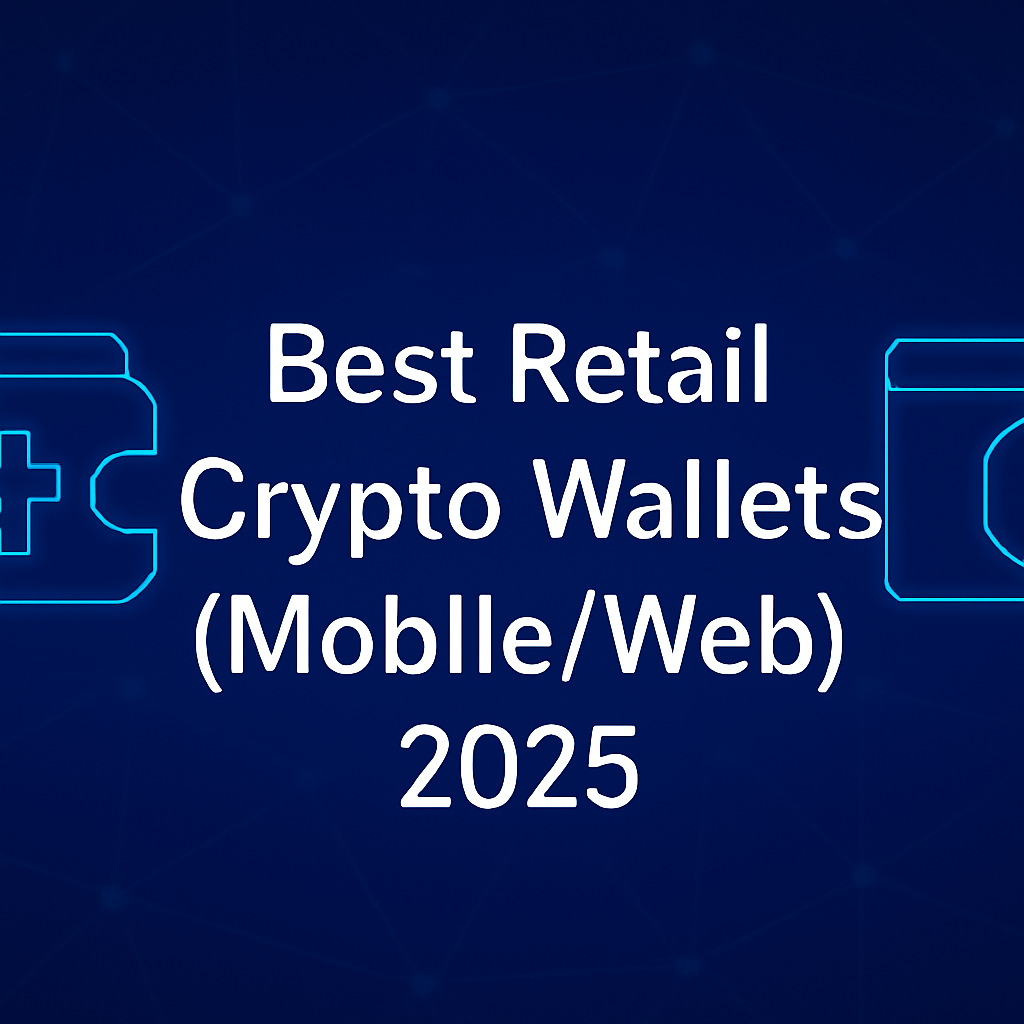
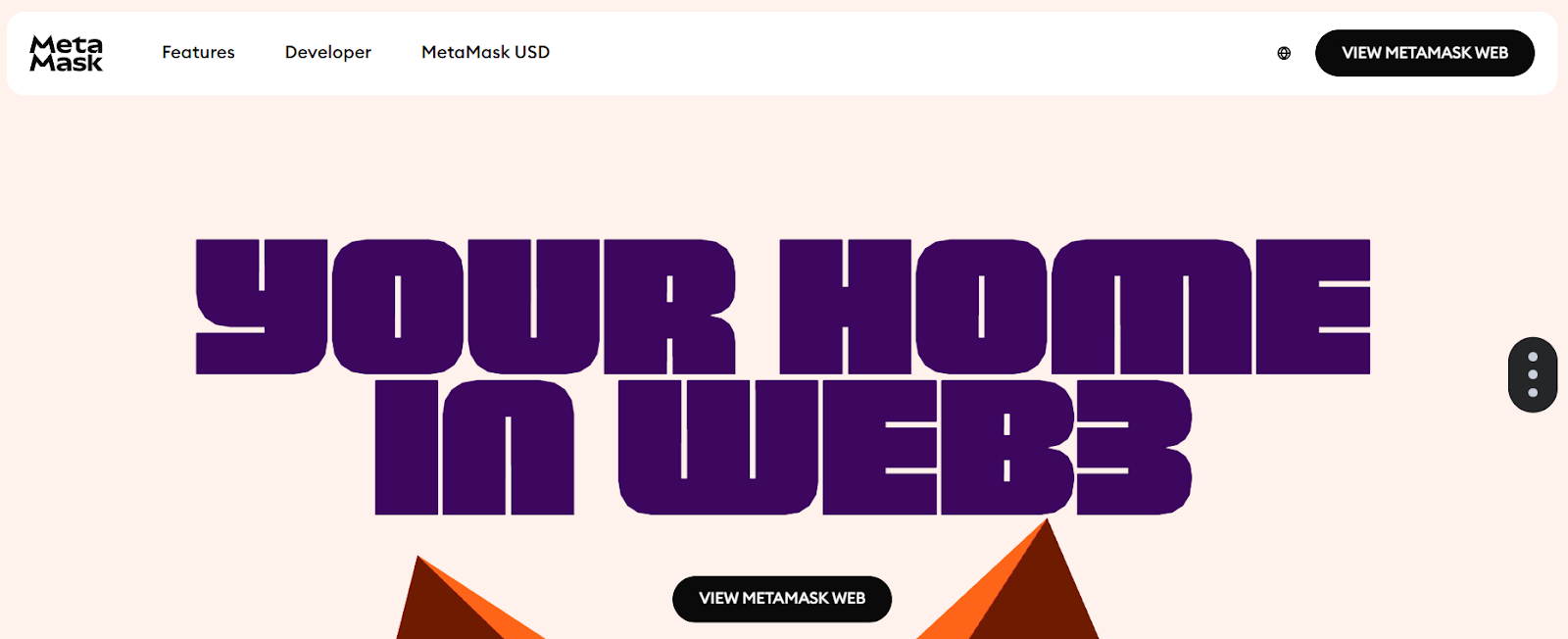
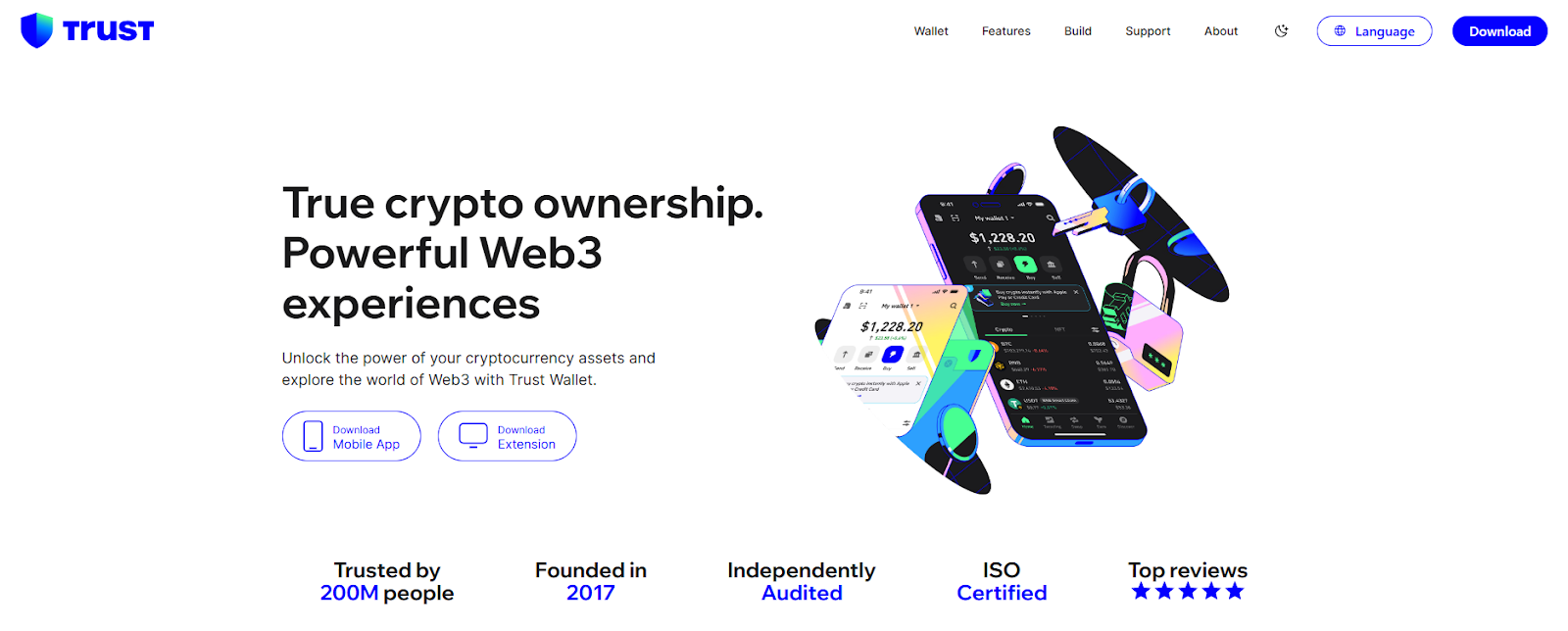
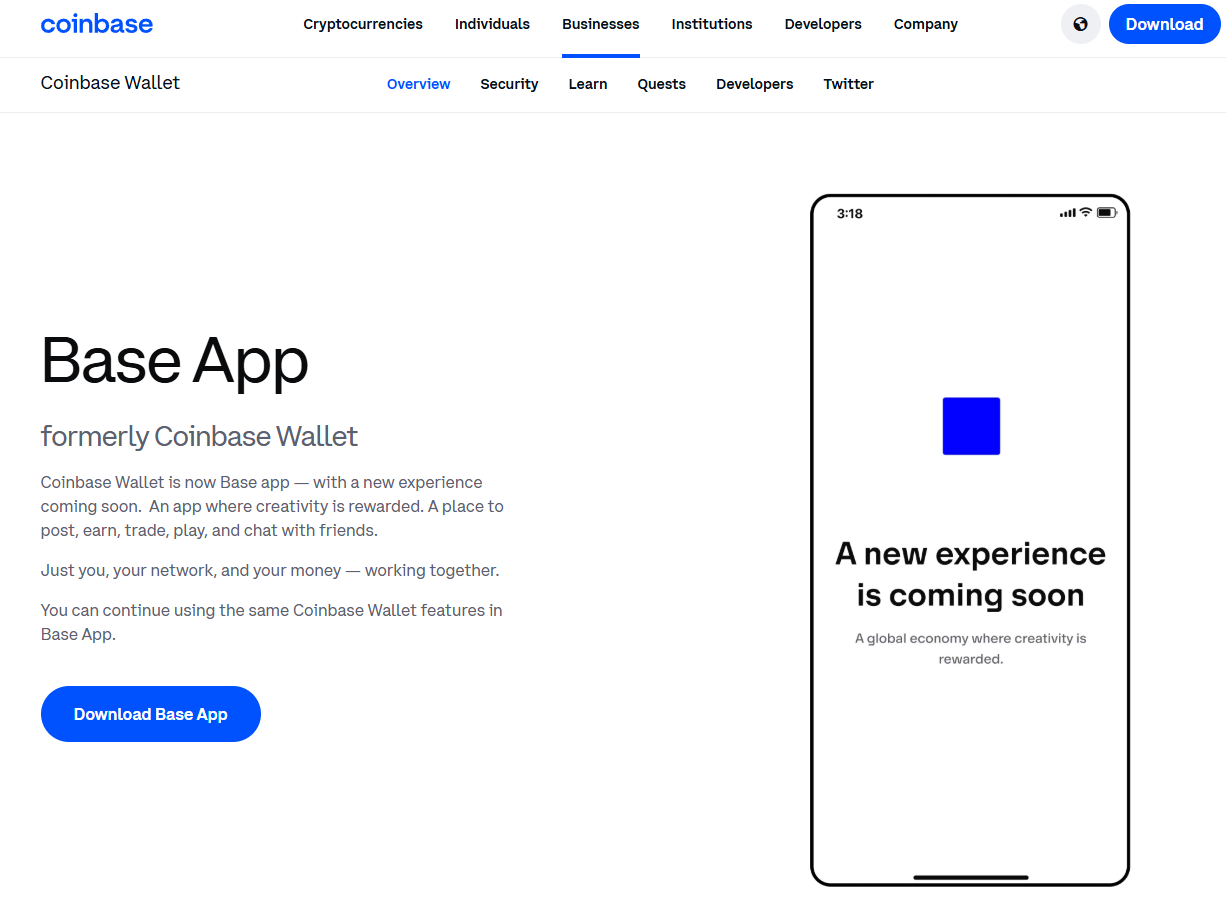
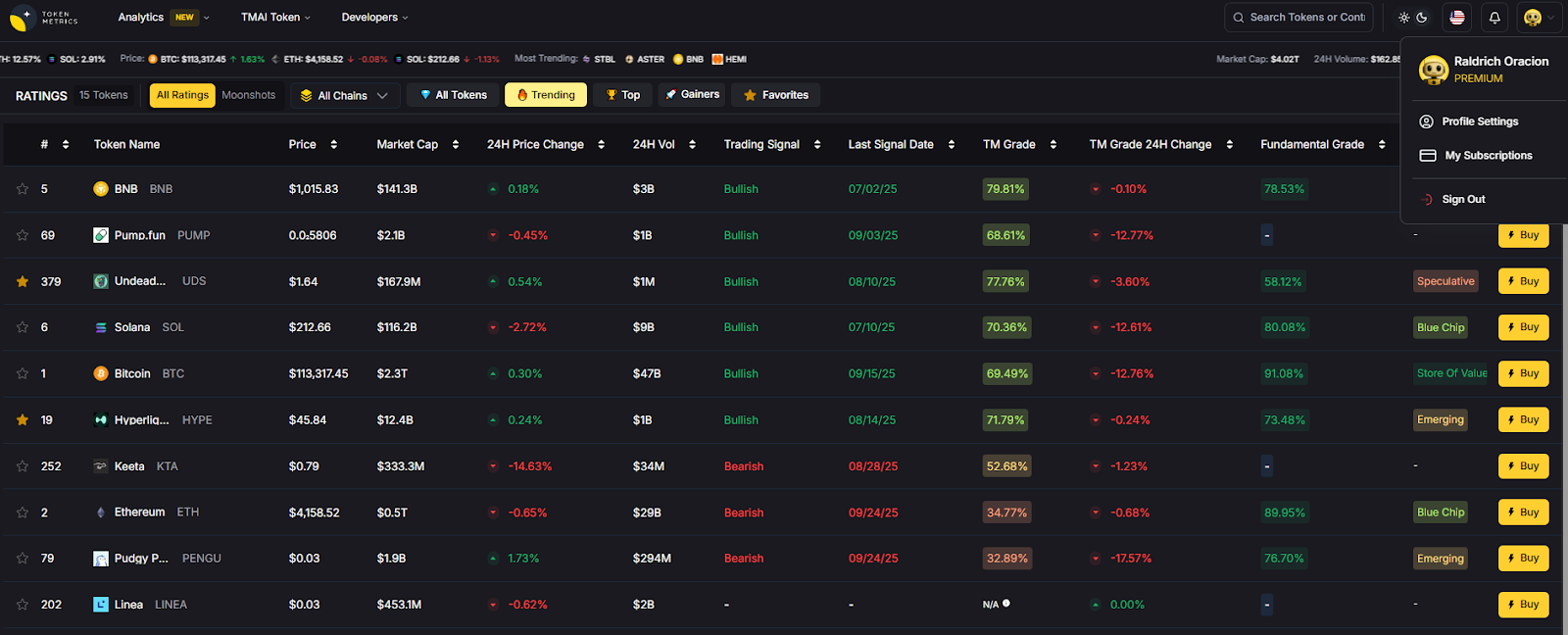


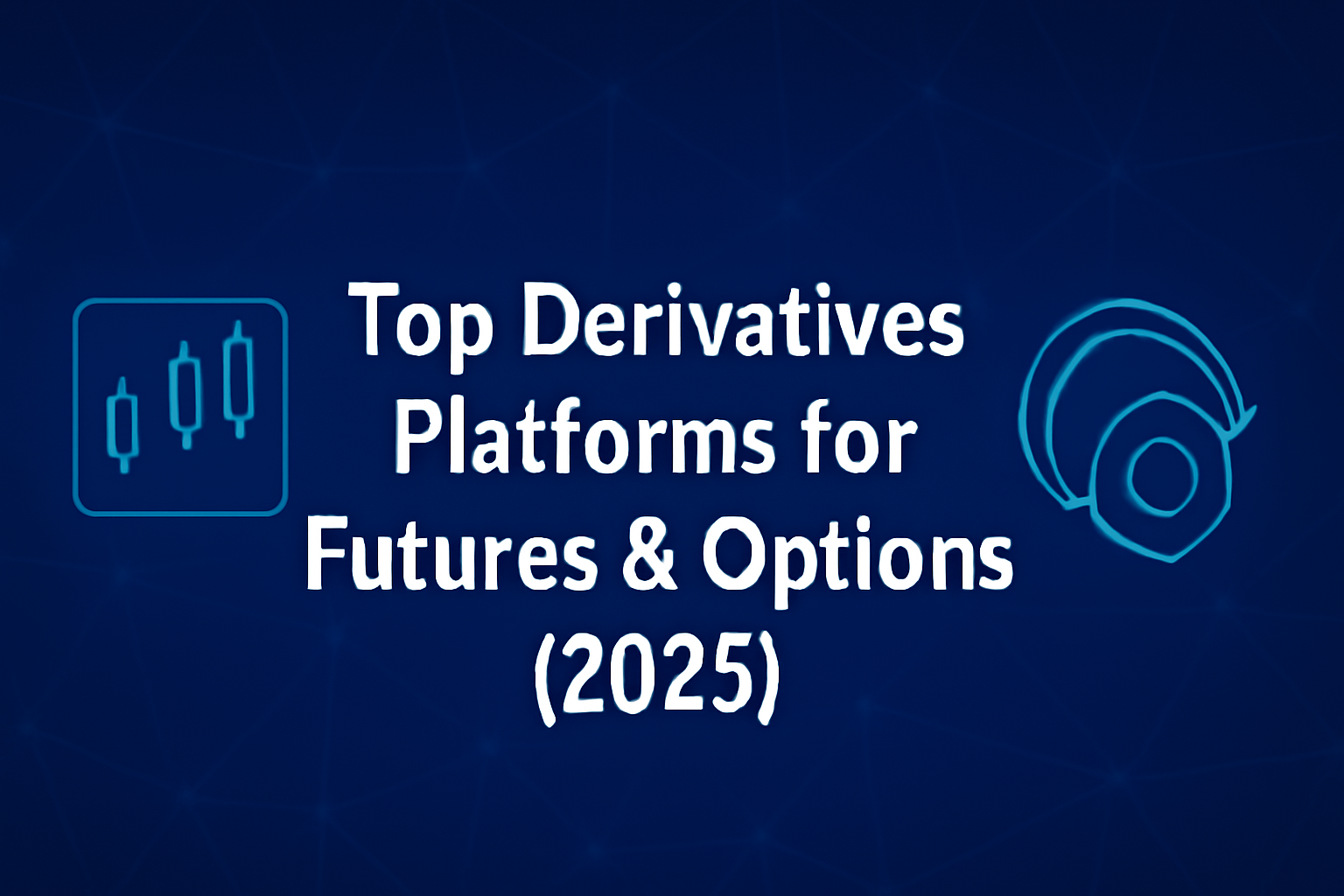
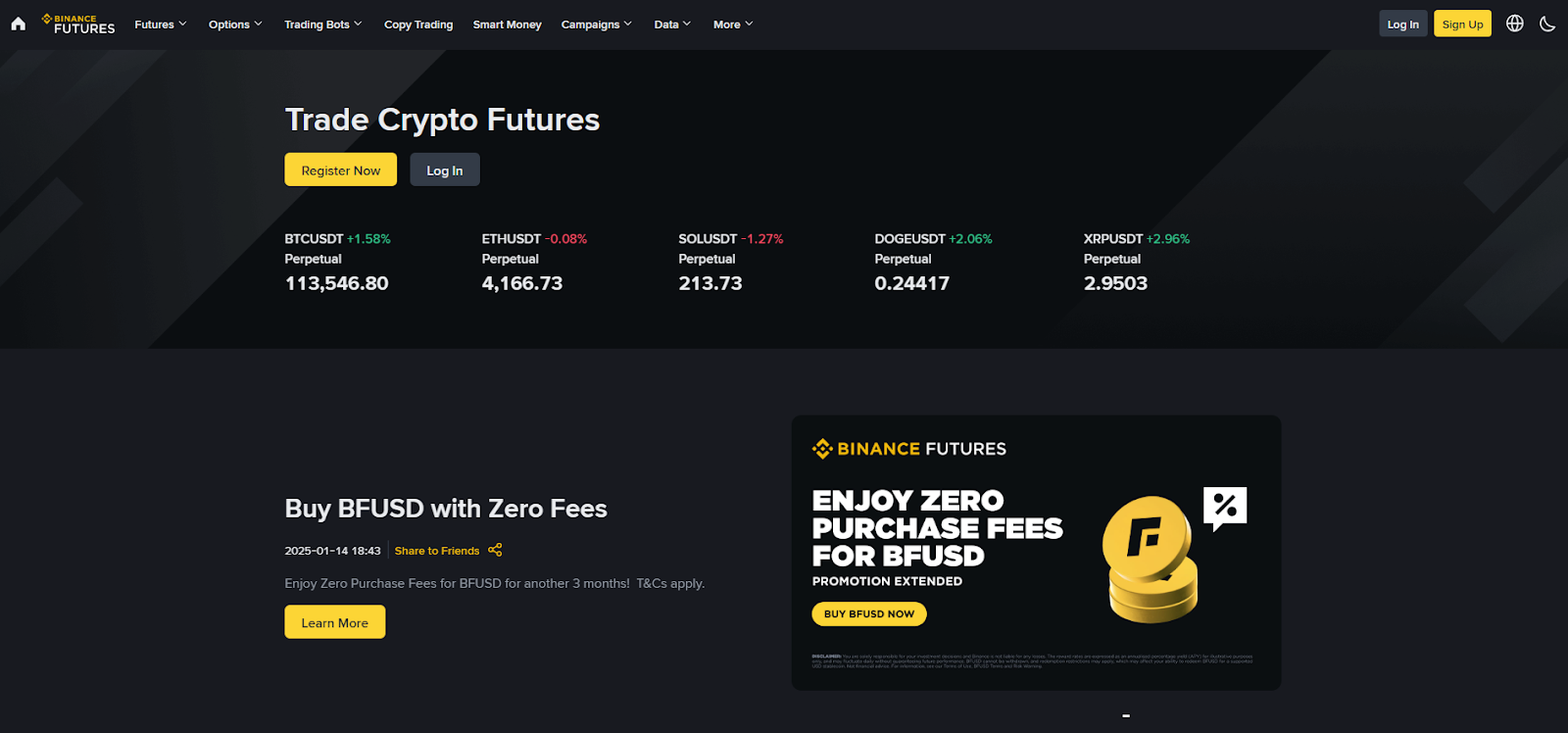
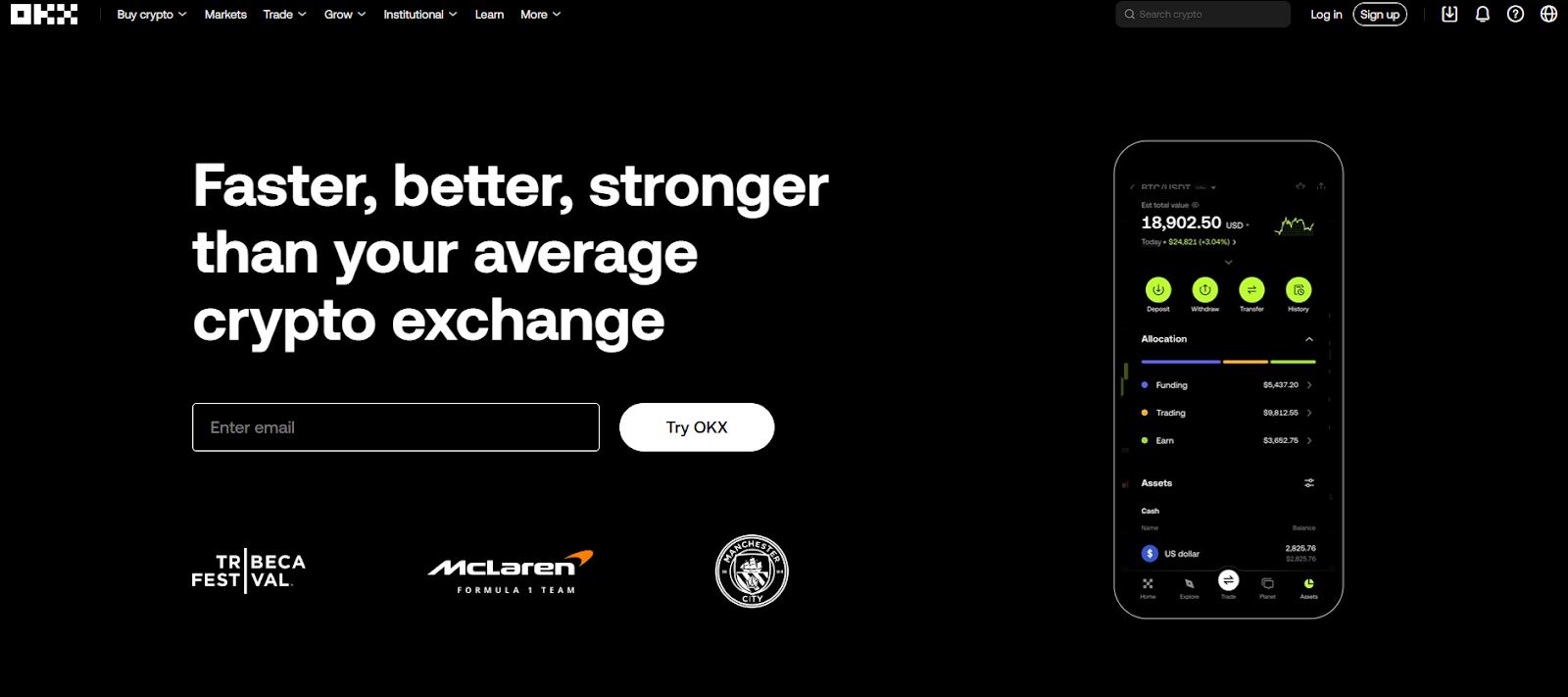
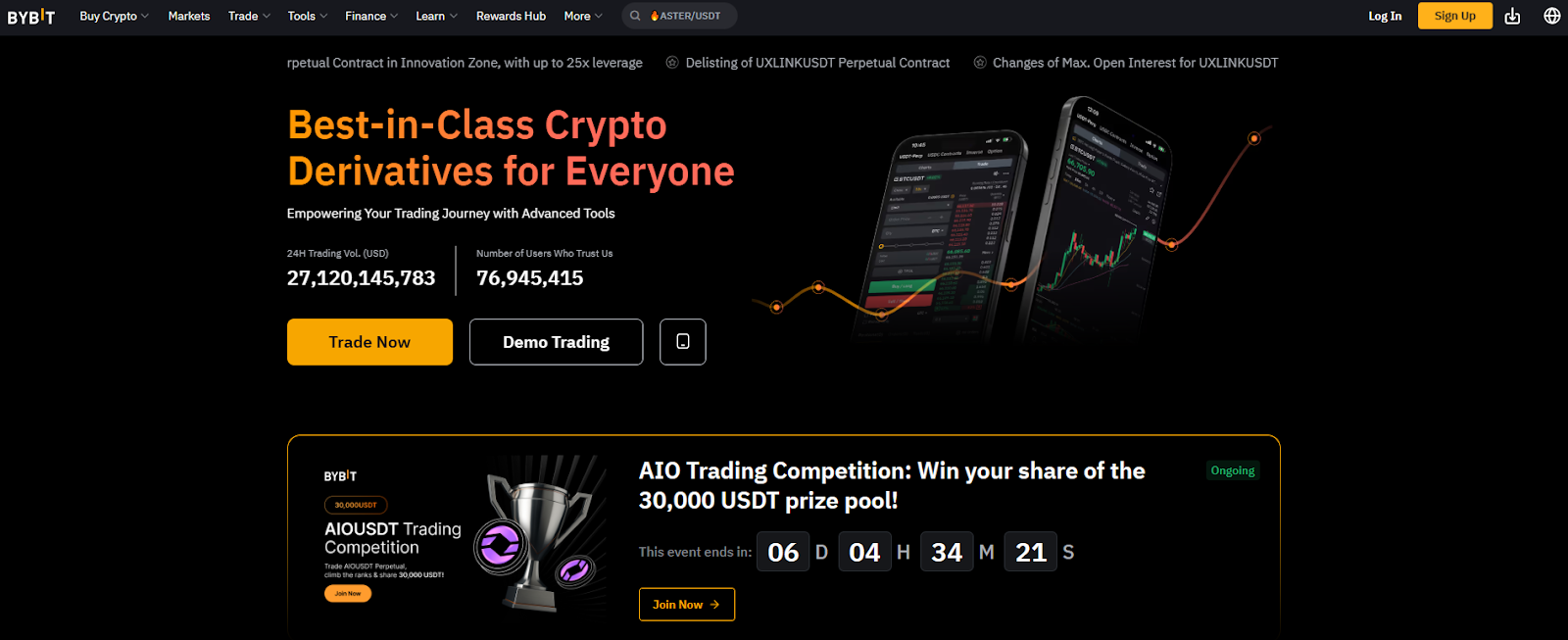
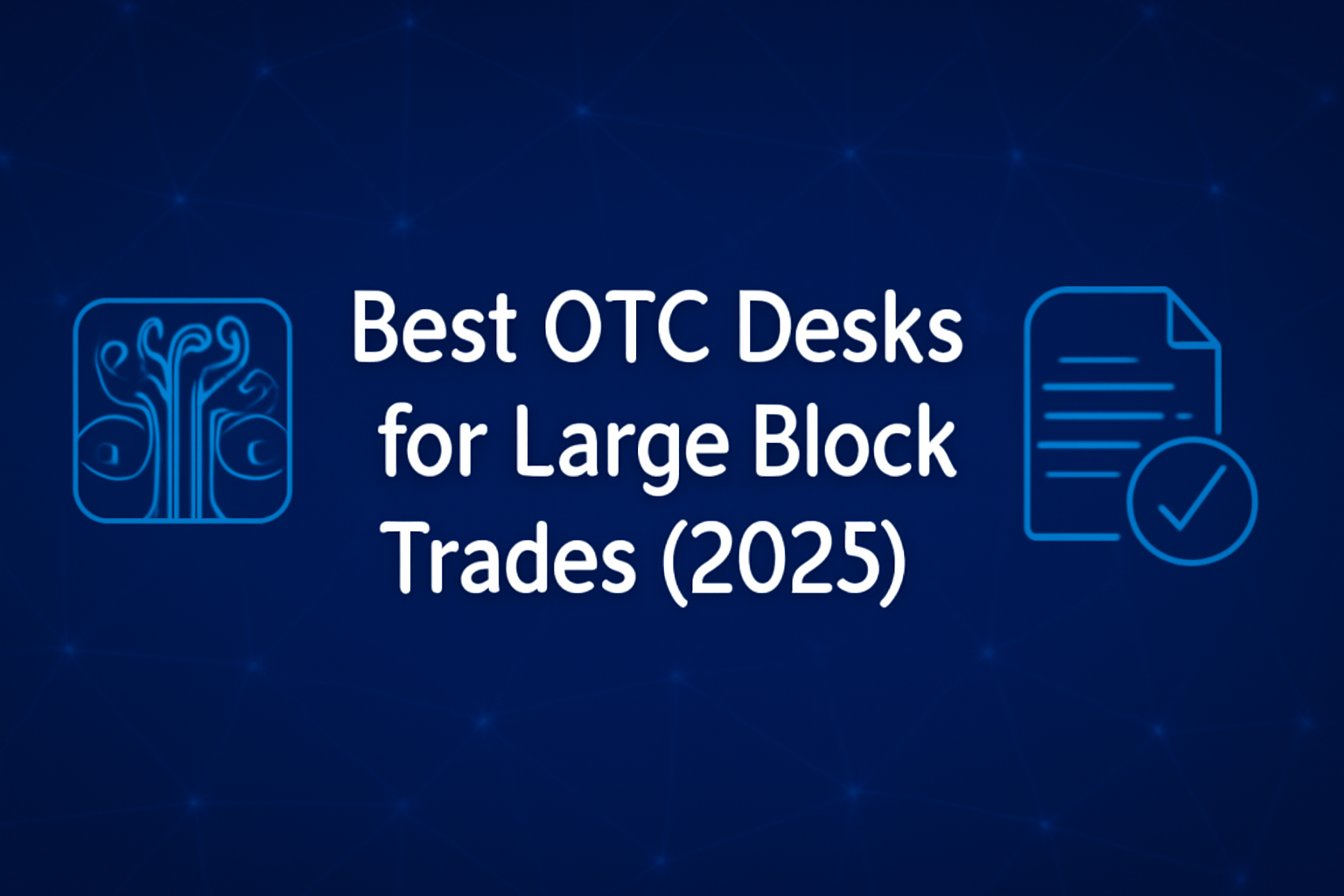
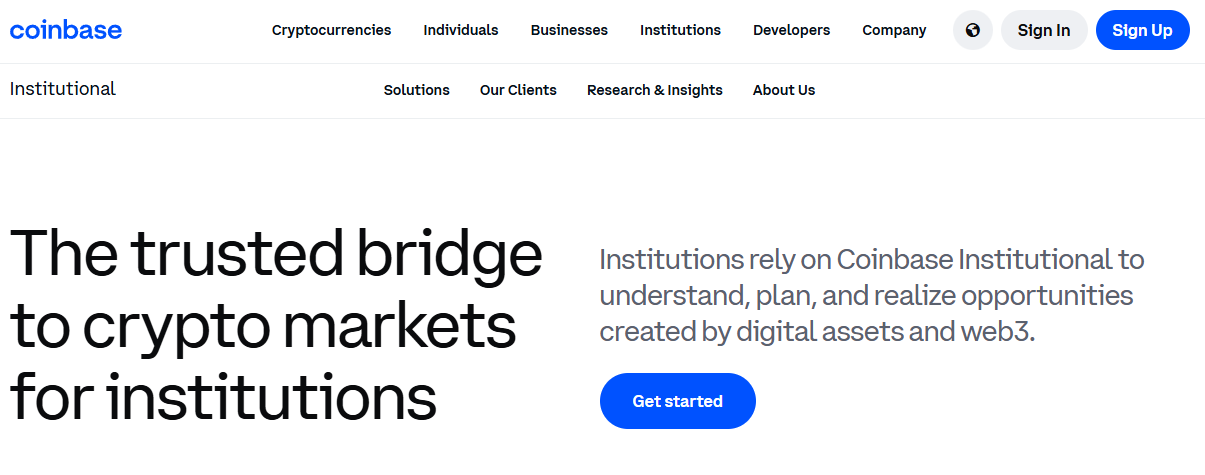

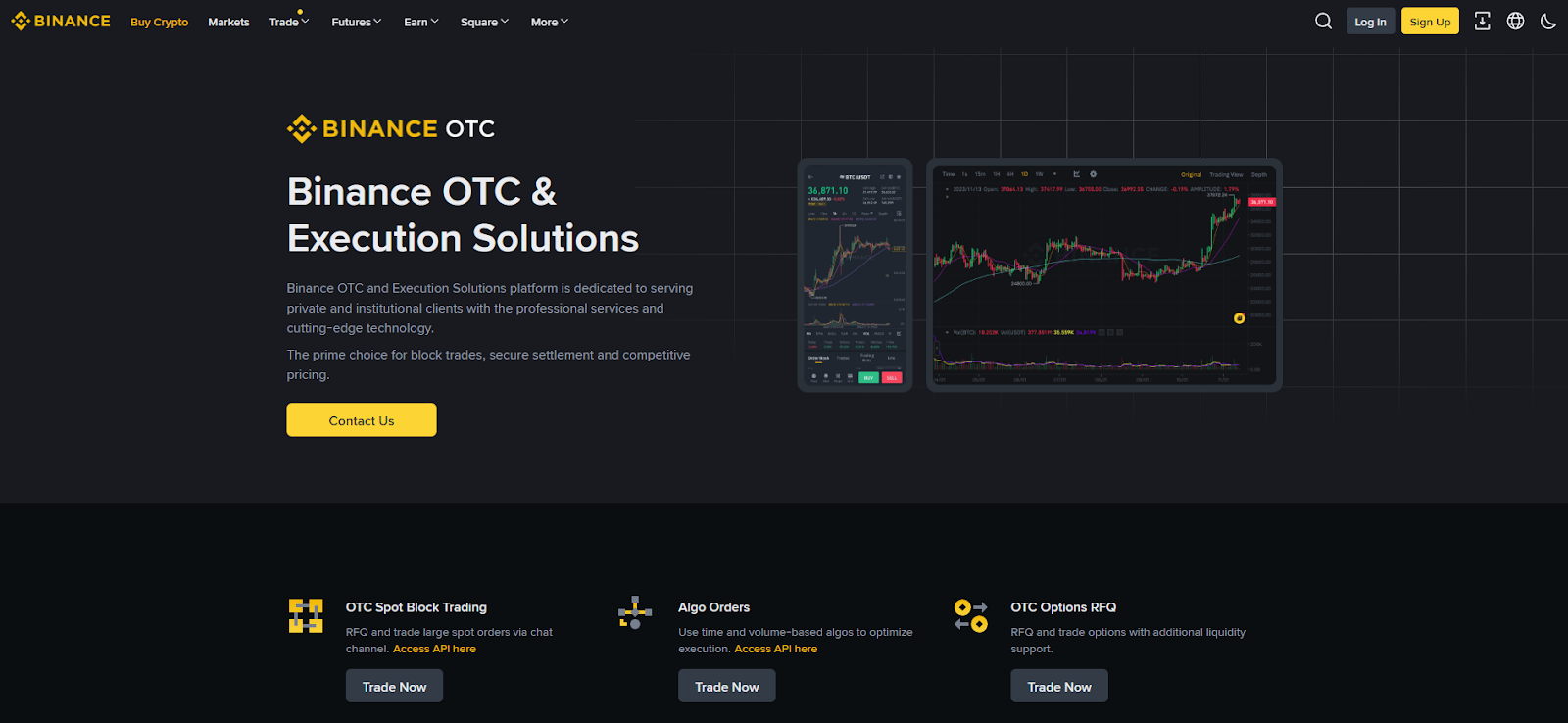




.svg)




.png)